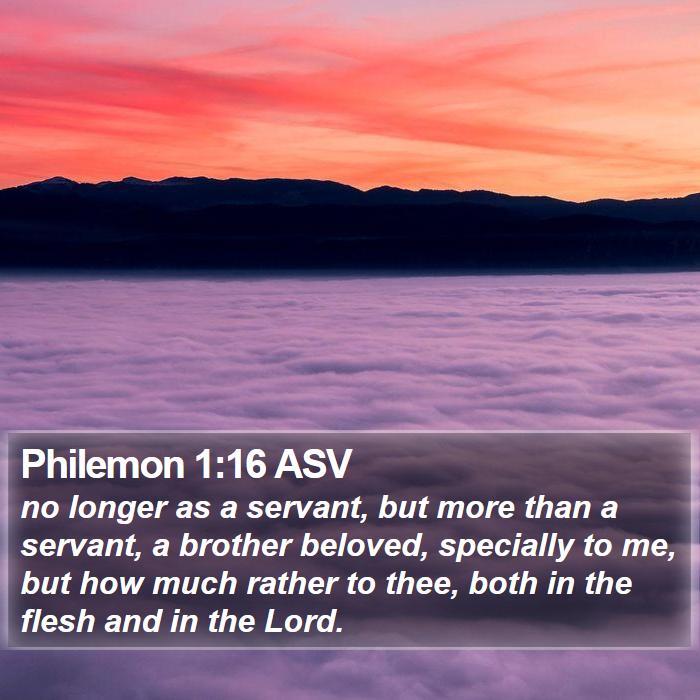Psalm 115:4-8
Their idols are silver and gold, the work of men’s hands.
They have mouths, but they speak not: eyes have they, but they see not:
They have ears, but they hear not: noses have they, but they smell not:
They have hands, but they handle not: feet have they, but they walk not: neither speak they through their throat.
They that make them are like unto them; so is every one that trusteth in them.
When Moses was on Mt. Sinai communing with God, the Israelites became impatient and decided to build themselves something to worship. The result was a golden calf that they had made with their own hands. It wasn’t the only time they went off to idol worship. Over the centuries, they adopted and adapted to the countries around them, including the worship of the idols of those countries. Some of that “worship” included sacrificing their children to the fires of Molech.
Keeping this in mind, we can understand the words of this psalm in denouncing such idols and the people who worshiped them.
We have to wonder why the people who had seen the miracles of God with their own eyes would so quickly and easily turn to worship something they had created themselves. Impatience played a part; the carnal nature in the heart of all mankind demanded something they could see, something around which they could sing and dance and laugh while they waited for Moses to come down from Sinai.
Of course, God was mightily displeased. This is a story if high drama, in which Moses pleads with God not to destroy the entire nation. You can read about the outcomes in Exodus 14.
Well, but modern-day Americans don’t worship idols, right? Oh, we most certainly do! We worship wealth and power; we worship our possessions; we worship celebrities, movies, sports heroes, and any number of other things that replace God in our hearts, lives, and thinking.
We need to beware. God’s patience is long, but it is not endless.










